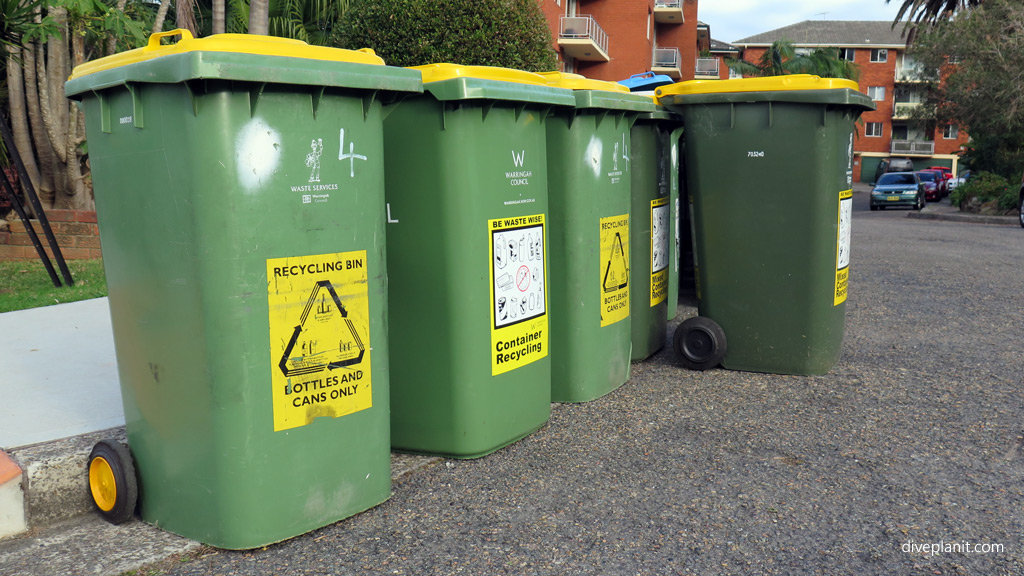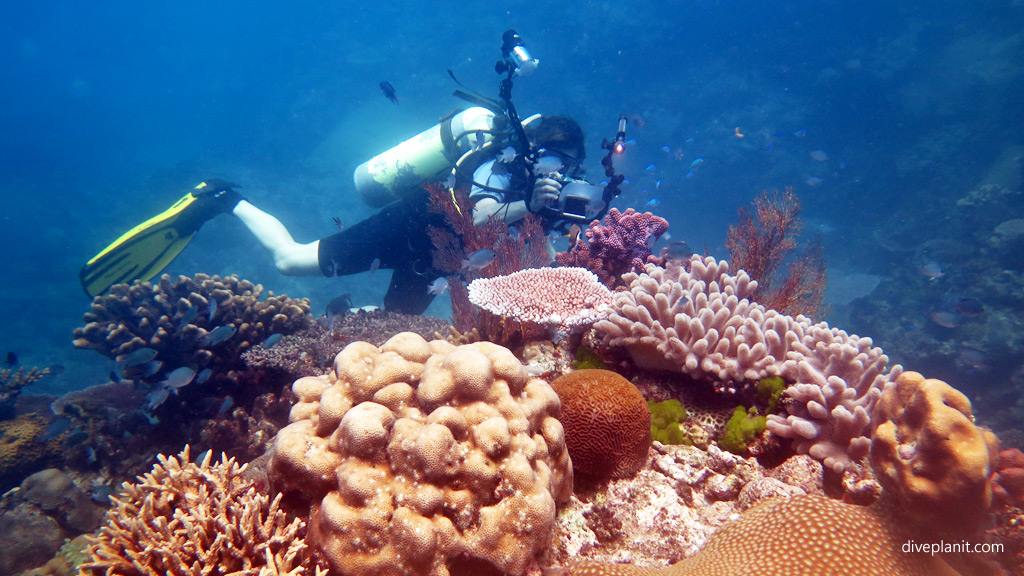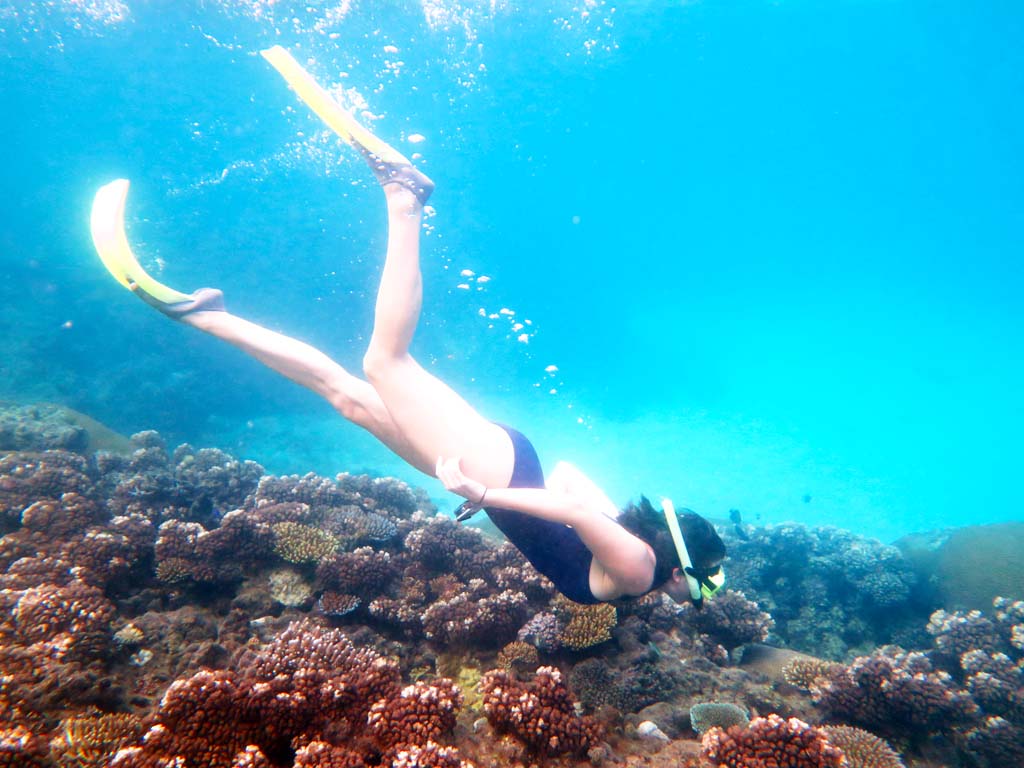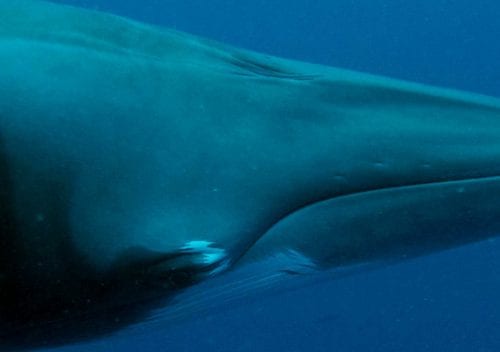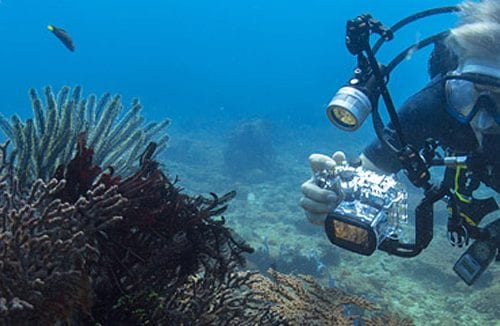Today is World Oceans Day, a day to support any initiative that protects the ocean, and this year, the theme is Healthy Oceans, Healthy Planet, with a focus on stopping plastic pollution (something close to my heart).
Daniel Ponce-Taylor, Global Vision International’s director of programs and marine and coastal ecosystem biologist sent me six ways everyone can help protect our oceans this World Oceans Day. I added one of my own…
1) Reduce use of plastic
When you really stop and think about how much plastic we use every day – it’s quite shocking. From the sandwich bags we put our lunch in, to the bottle of water we grab on the run and even your coffee cup from your local café, there is plastic in all of these and by making small changes we can reduce the amount of plastic that often ends up in our oceans, choking or entangling marine life.
2) Buy and eat only sustainable fish
When you’re buying fish for dinner, ask if it is sustainable seafood. Overfishing of key species diminishes fish stocks and often when incorrect fishing techniques are used, the wrong species are caught and thrown back dead. By using a sustainable seafood guide you can choose your fish more wisely. www.sustainableseafood.org.au
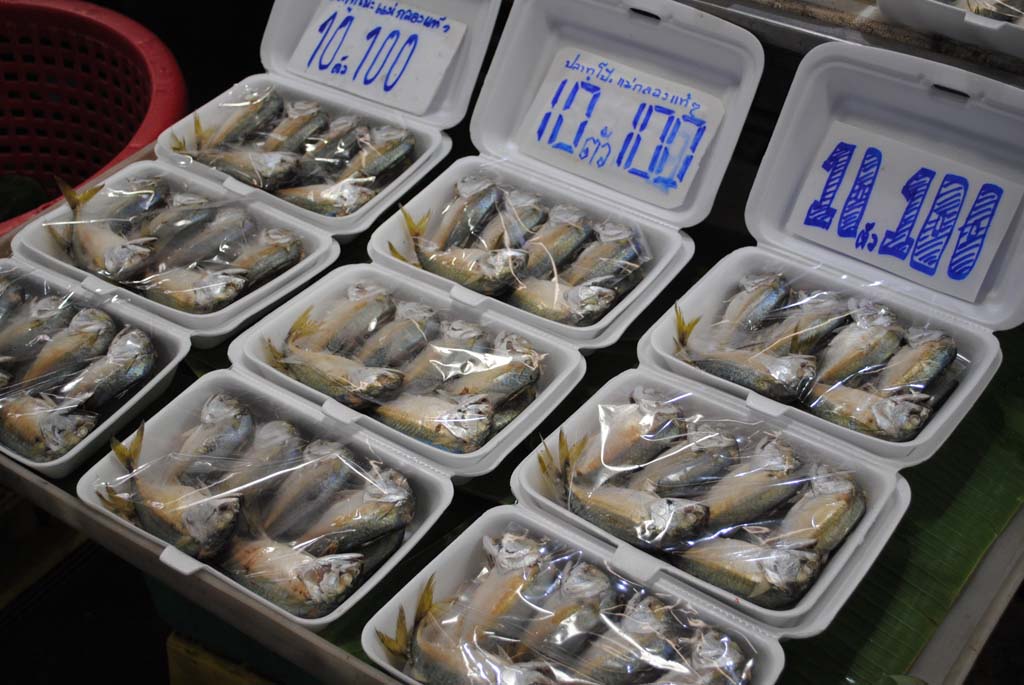
3) Use non-toxic cleaning products at home
Everything that we use to clean the bath, the sink and the toilet at home, goes down the drain and ends up in the ocean. A good tip, rather than using chemicals is to choose more natural products such as baking soda, which cuts through grease and whitens clothes or lemon which can clean glass and remove stains.
4) Avoid purchasing trinkets and souvenirs made from marine-life, especially shells and coral
While it can be tempting to buy that shell necklace or coral earrings as a keep-sake from your favourite holiday, by supporting the business of making and selling these items, people will continue to do so, upsetting the balance of delicate underwater eco-systems. Coral are live marine invertebrates and if it keeps getting harvested for trinkets, there will be no more left.
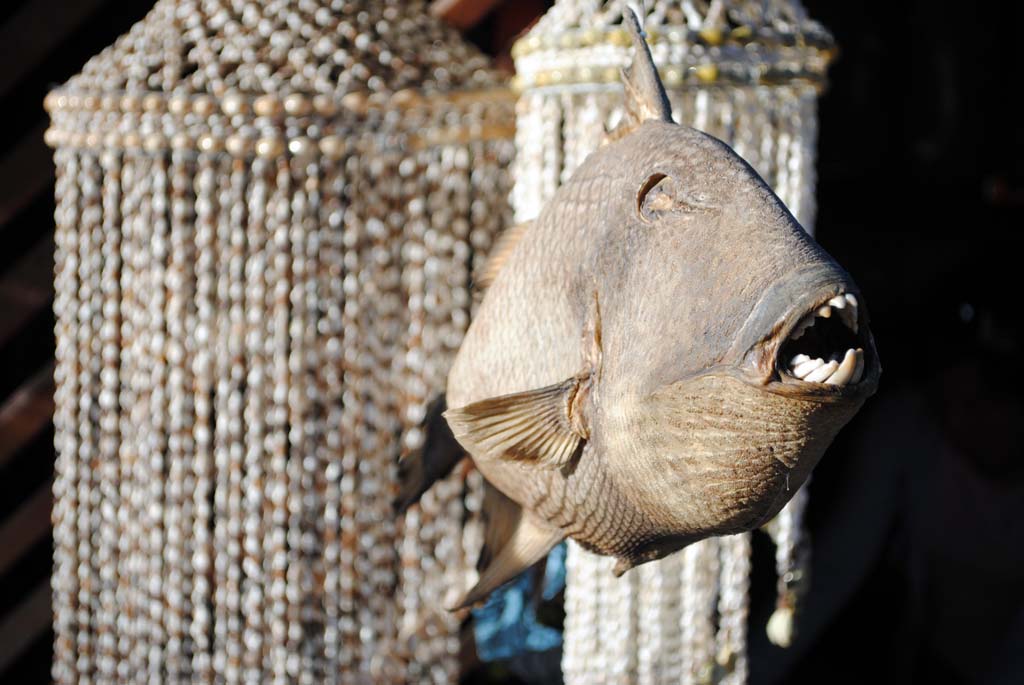
5) Scuba-divers and snorkellers, never touch the reef
Scuba diving and snorkelling are exhilarating activities, however they can get tiring and when you’ve been overwhelmed by the underwater beauty, it can be easy to forget and stand on the beautiful coral reef you’ve been admiring. This can damage or kill the marine life and turn the reefs brown. Also be sure to watch your flippers when kicking along so you don’t break or hurt anything.
6) Choose responsible ocean travel options
Cruising has really grown in popularity amongst travellers and while there are plenty of positives with this type of holiday, it’s so important that you choose wisely and look for cruise companies that are eco-friendly. Do they have a good water filtration system? Have they minimised on-board plastic and ensure nothing goes overboard? Do they minimise fuel use or use alternative power sources, like solar power? A little bit of research can go a long way.
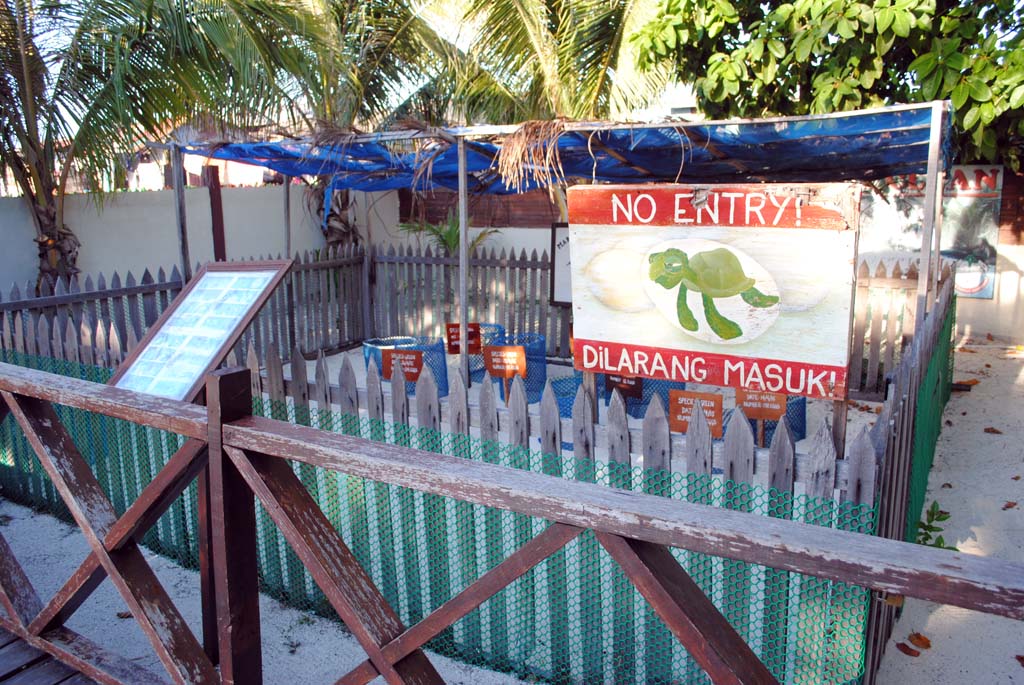
7) Get out there and start enjoying the ocean.
Whether it’s with a snorkel or scuba gear, seriously – get underwater and get immersed in the underwater world – then you’ll really appreciate why it’s worth protecting. As soon as you turn your head down towards that reef, that school of fish, you’ll understand how magical it is.
Global Vision International (GVI), is an award-winning social enterprise, which works to create positive impacts across the globe, and considers the protection of oceans around the world a top priority. For those passionate about making a real impact in the quest to protect the ocean, GVI offers opportunities to volunteer on marine and coastal conservation projects in locations including Fiji, the Seychelles, Mexico and Thailand for anywhere from two weeks to 12 weeks.

